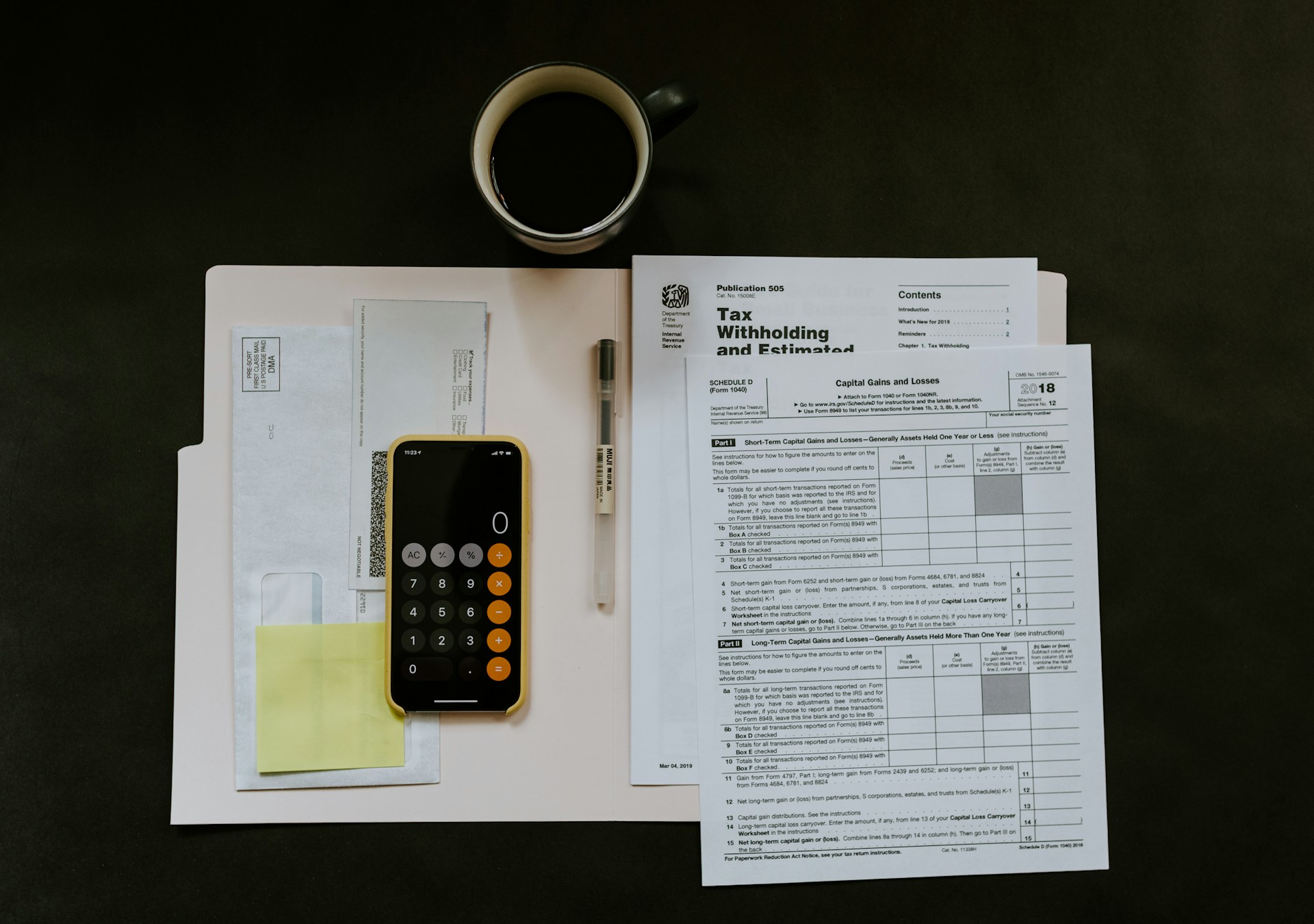Do beneficiaries pay Inheritance Tax in the UK?

Do beneficiaries pay Inheritance Tax in the UK?
- Steve Gauke
- Home
- /
- Guides for Beneficiaries and
- /
- Do beneficiaries pay Inheritance
No, beneficiaries don’t pay Inheritance Tax in the UK. Inheritance Tax is paid by the executor of the estate of the person who has passed away. Once this has been paid, the inheritance is then paid out to the beneficiaries.
However, other taxes like capital gains or income tax may need to be paid by beneficiaries later.
At Provira, we understand that Inheritance Taxes can be complicated and stressful to work out. Here, our team has laid out everything you need to know.
What is Inheritance Tax?
Inheritance Tax (IHT) is a tax paid on the value of a person’s estate once they have passed away. “The estate” is a term used to describe the collective value of the property, money, stocks and items left by a person.
Inheritance Tax is only paid on the portion of the estate above a certain threshold, known as the nil rate band, which currently sits at £325,000.
The standard rate for Inheritance Tax is 40%, but it’s only charged on anything above the £325,000 threshold. Importantly, if an estate is passed to children or grandchildren, this tax-free amount increases by another £175,000, allowing an estate to pass on £500,000 before paying any Inheritance Tax.
Another important element to note is that spouses and civil partners can combine their tax-free allowances, bringing the total tax-free amount to up to £1,000,000 for estates being passed onto children and grandchildren.
So, if an estate is worth £1,500,000, and both allowances are being used, the taxable amount for children and grandchildren is £500,000, meaning £200,000 goes to HMRC and £1,300,000 is left for the beneficiaries.
If the estate’s value is below the threshold, or if everything is left to a spouse, civil partner or charity, then no Inheritance Tax needs to be paid.
Who pays Inheritance Tax and when?
The executor or administrator pays Inheritance Tax to HMRC from the estate’s funds.
Inheritance Tax is due within six months of the person’s death. After that, HMRC starts charging interest, which can quickly add up.
Executors can sometimes pay the tax in installments (over ten years) for assets like property or land, although interest continues to build up until the whole taxable amount is paid.
So, do beneficiaries ever pay Inheritance Tax themselves?
No, beneficiaries do not pay Inheritance Tax themselves. Instead, the executor (the person in charge of dealing with the estate) pays the tax to HMRC using money from the estate. The executor makes sure that all debts, taxes and costs are paid out before giving the rest to the beneficiaries as their inheritance.
If the executor is also a beneficiary, then yes, they would pay Inheritance Taxes, but this would be from the estate, not their personal inheritance.
Once the taxes have been settled and the inheritance has been paid out, the beneficiaries normally do not need to pay any more Inheritance Tax.
So, if you’re a beneficiary and you are feeling anxious about whether you’ll be expected to pay Inheritance Tax personally, this is not the case.The responsibility lies with the estate, not with you.
That said, there are a few situations where beneficiaries might personally owe other forms of tax. Some of these situations include:
- If they received gifts from the estate owner (worth over £325,000) within the seven years before death. In this case, some Inheritance Taxes would be due as the money does not fall under the seven year rule, however the amount varies depending on how recently the person passed away.
- If their inheritance later generates income, like rent from property, interest or dividends from shares. In this case, income tax rules apply.
- If they sell inherited assets later down the line for more than their value at the time of inheritance, this could trigger Capital Gains Tax (CGT).
Is anyone exempt from Inheritance Tax?
Yes, some people or organisations don’t have to pay Inheritance Taxes, including if:
- The entire estate is left to a spouse or civil partner. In this case, no Inheritance Tax is due.
- The estate (or part of it) is left to a registered charity, community amateur sports club or a political party.
- The estate leaves 10% or more of its value to charity. Whilst some Inheritance Tax is still due, the rate drops from 40% to 36%.
What happens if the executor doesn’t pay Inheritance Tax?
If Inheritance Tax isn’t paid on time, HMRC starts charging interest after six months from the date of death. This can eat into the inheritance amount that beneficiaries receive.
If the executor makes a mistake and pays out the inheritance before paying tax, they can be held personally liable for the unpaid amount, not the beneficiaries.
So, the good news is that as a beneficiary, you’re never held responsible for mistakes made by executors. However, if they leave it unpaid for too long before paying it out, this can accumulate interest and eat into your inheritance.
How does Inheritance Tax affect what you receive as a beneficiary?
While beneficiaries don’t pay Inheritance Tax themselves, it can still affect the size of their inheritance.
Because the tax is taken off the estate before it is paid out, this lowers the sum that the beneficiaries receive.
For example, if an estate worth £600,000 owes £110,000 in Inheritance Tax, the remaining £490,000 will be divided between beneficiaries.
What if you don’t have the money to pay Inheritance Tax?
This can be a very stressful situation and sometimes, families face a catch-22: Inheritance Tax has to be paid before probate is granted, but probate is needed to access the money needed to pay the tax. This can cause real financial stress, especially if a lot of the estate is tied up in property or shares.
Whilst it is possible to pay Inheritance Tax in installments to receive the grant of probate, HMRC starts charging interest on the unpaid balance once the 6-month deadline has passed.
For those looking to pay the tax in full, another option exists and this is where Provira’s Estate Advance can help.
With an Estate Advance from Provira, executors can:
- Access up to 50% of the estate’s value within just a few days.
- Pay Inheritance Tax and other estate expenses upfront.
Every application is handled by our dedicated team, who will keep you informed, listen to your situation and move as quickly as you need us to. We never ask you to pay the advance back monthly and we don’t charge early repayment fees. As soon as the estate is released, you just pay us back – it’s as easy as that!
To find out more about our Estate Advances, download our brochure here.
Paying Inheritance Tax
Losing someone you love is hard enough without financial stress hanging over you.
But don’t worry, as a beneficiary, you don’t have to pay Inheritance Tax personally. It is the executor who is personally responsible for valuing the estate, paying HMRC and distributing what’s left.
If you are an executor and you need help paying Inheritance Tax, Provira’s Estate Advance gives you a simple and easy way to move forward.
Find out more and apply for an Estate Advance today.

